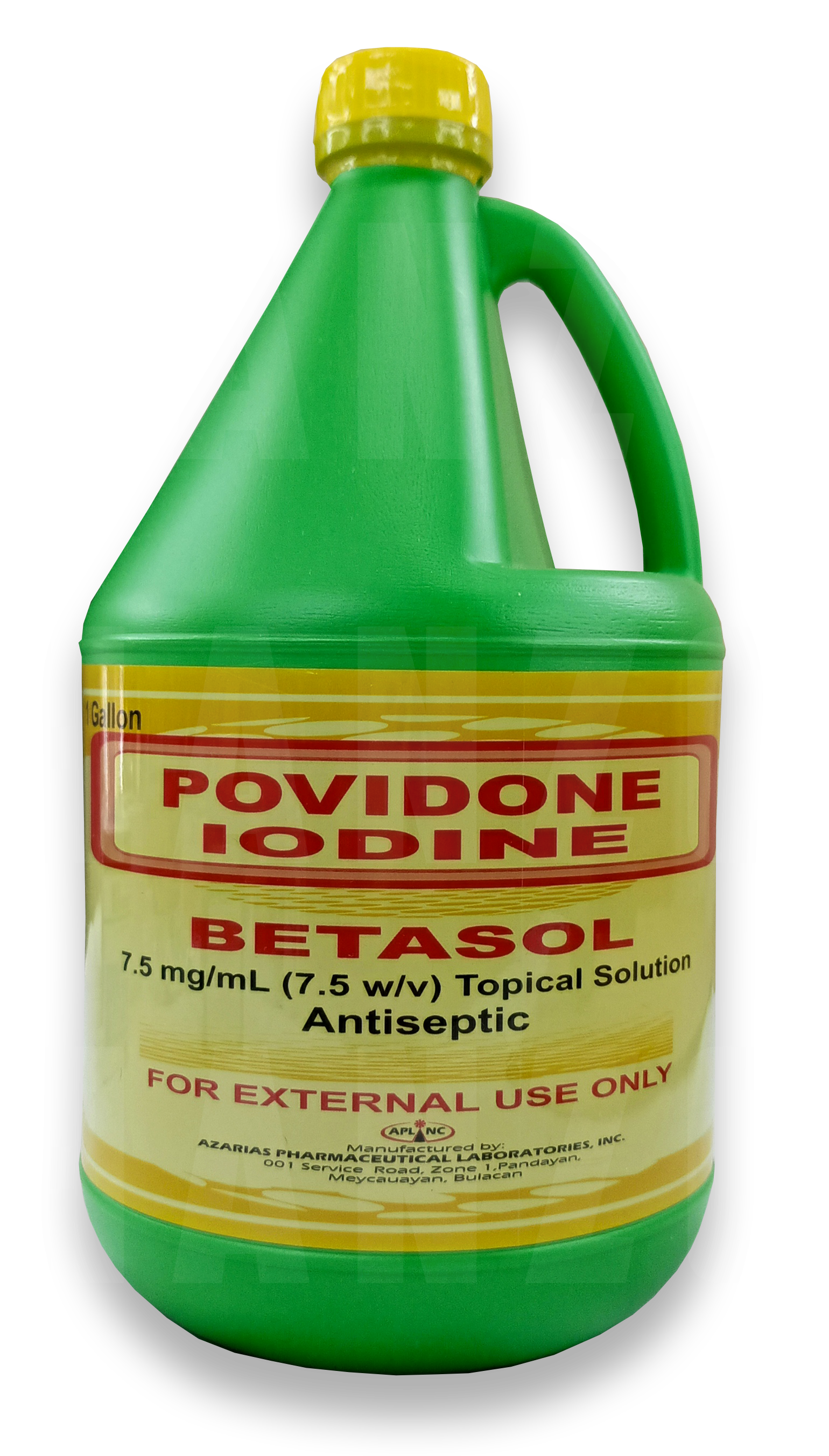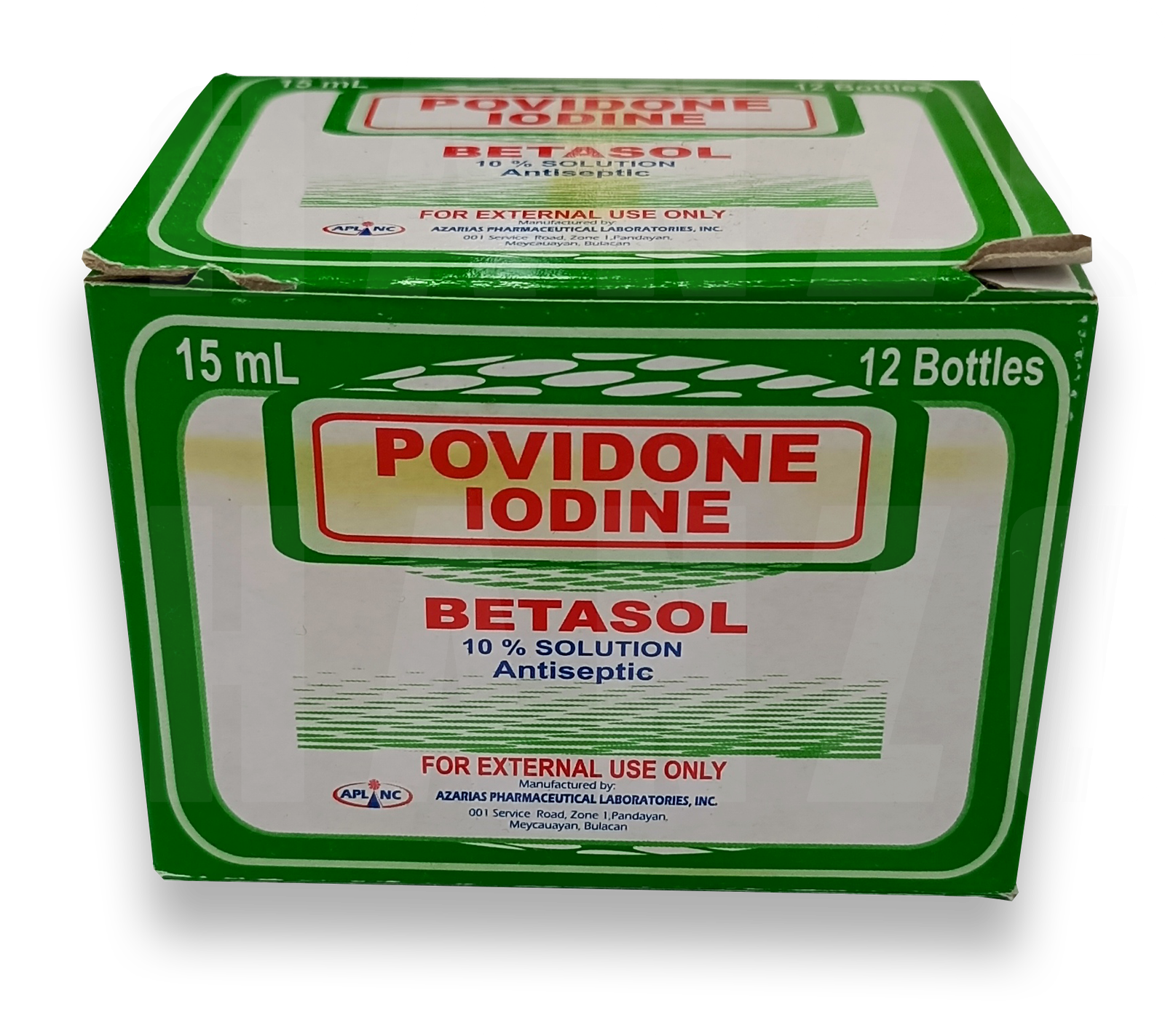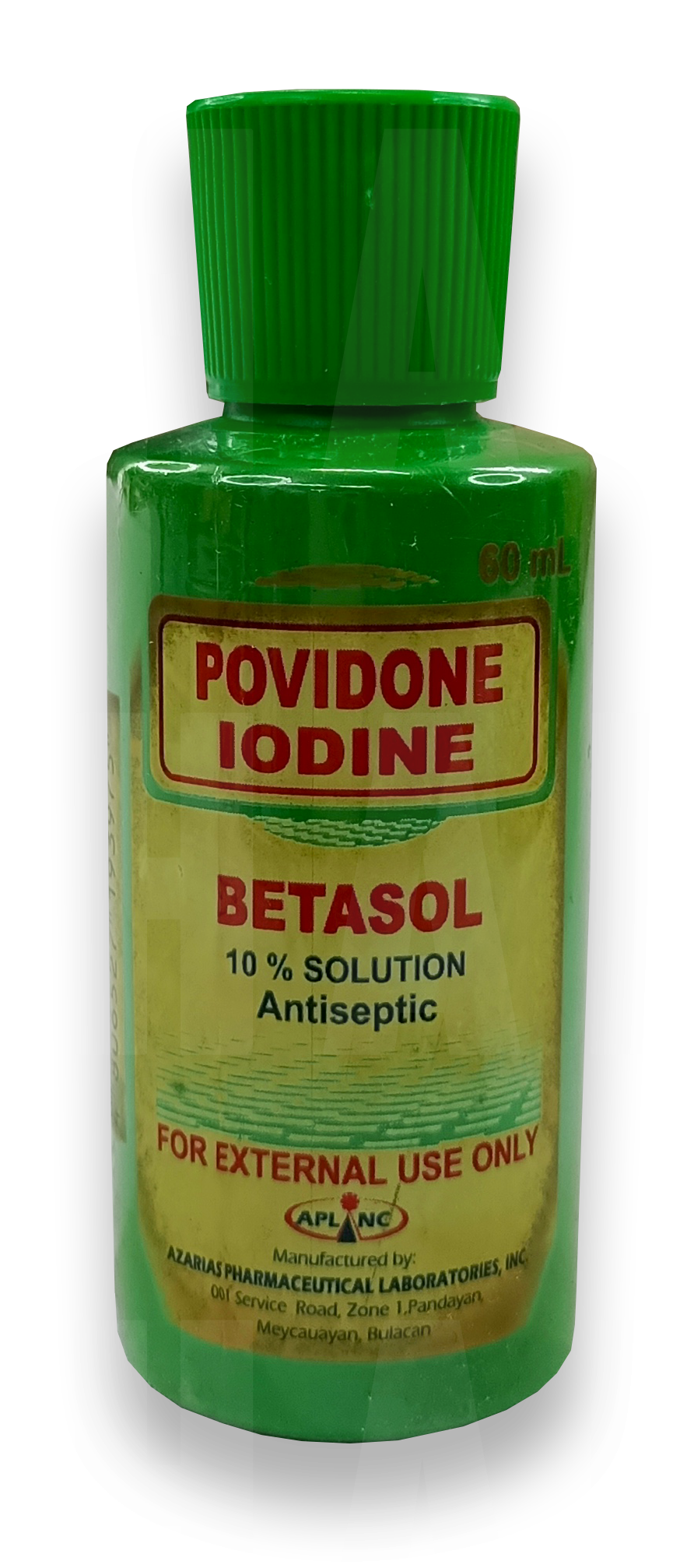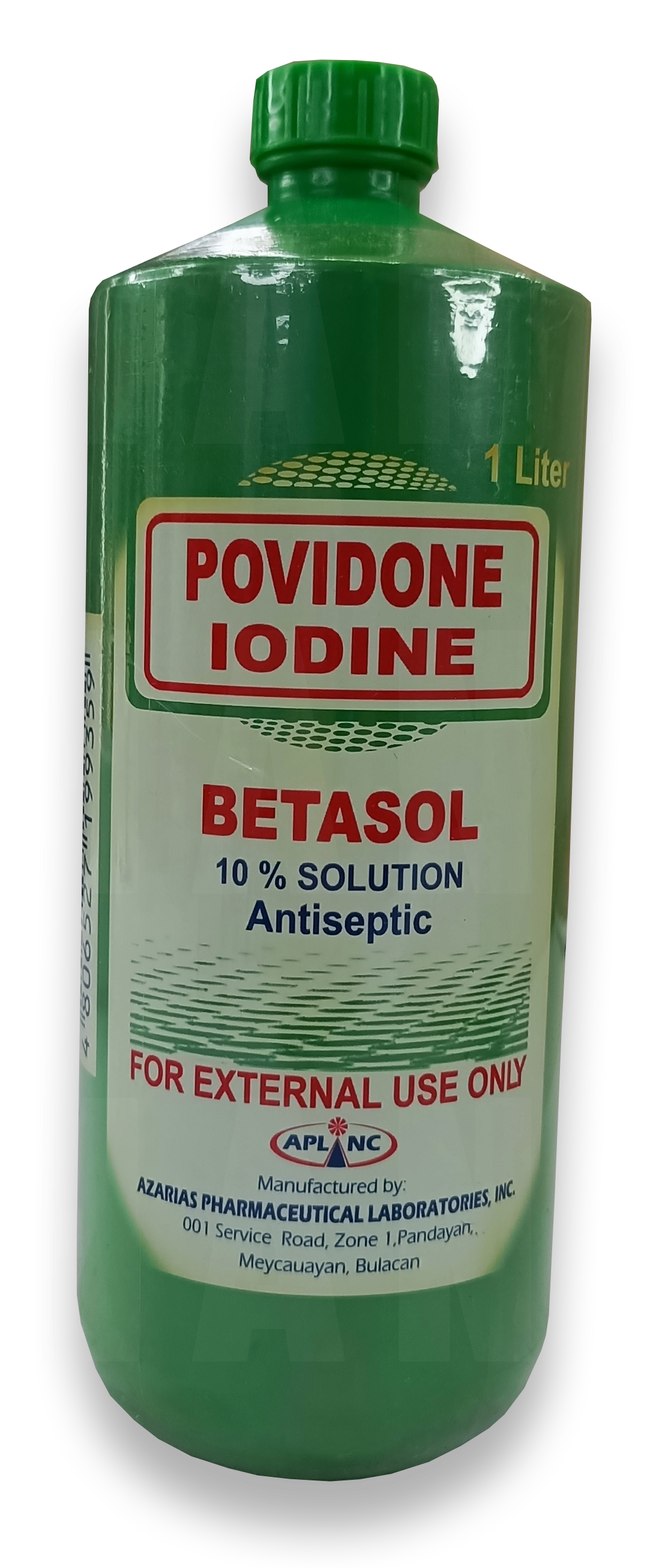Needle, Agani – Terumo
₱0.99- Terumo Needle Agani, 38mm 18G x 1.5in, 100 Pieces
- Terumo Needle Agani, 25mm 22G x 1in, 100 Pieces
- Terumo Needle Agani, 25mm 23G x 1in, 100 Pieces
- Terumo Needle Agani, 25mm 25G x 1in, 100 Pieces
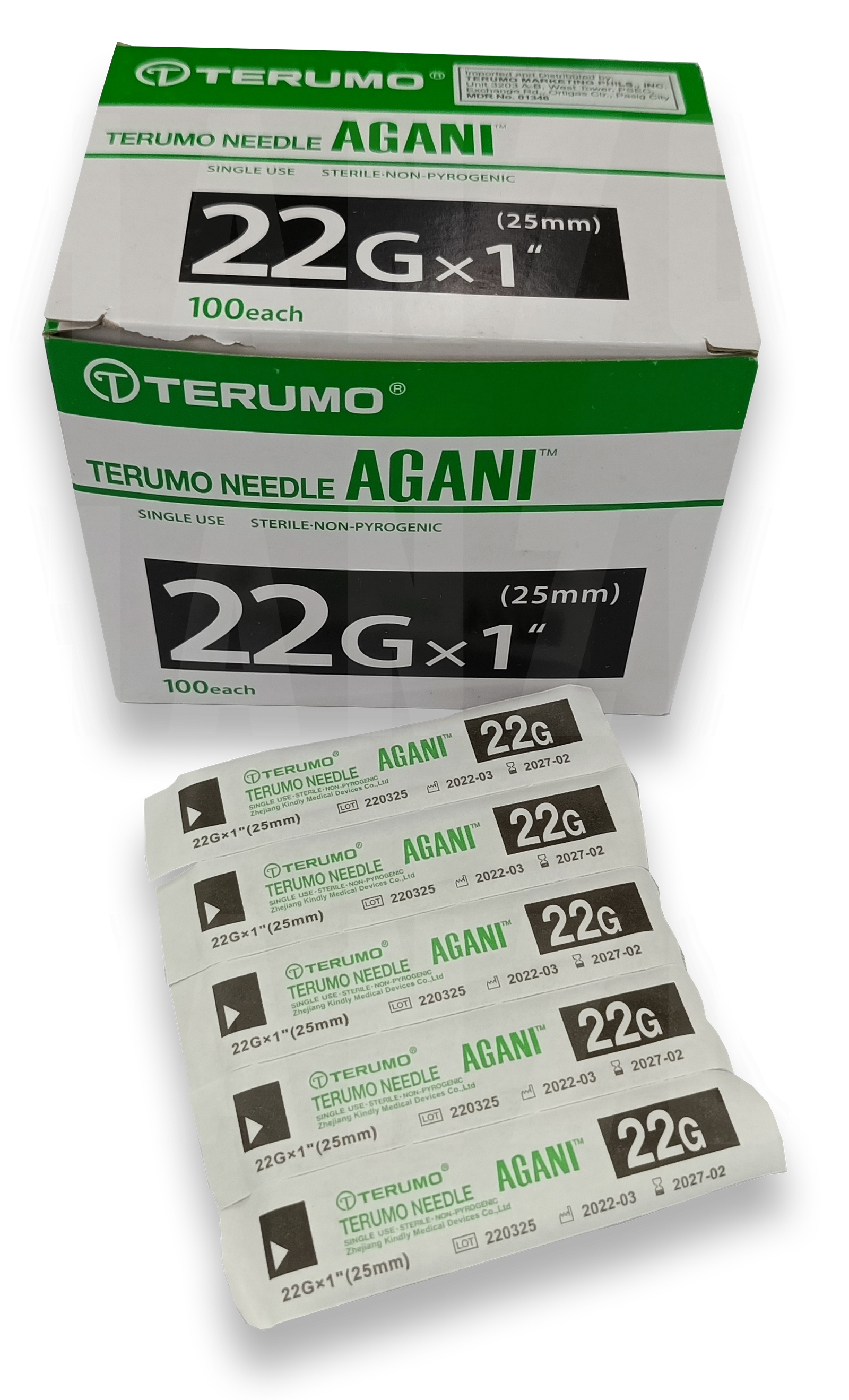
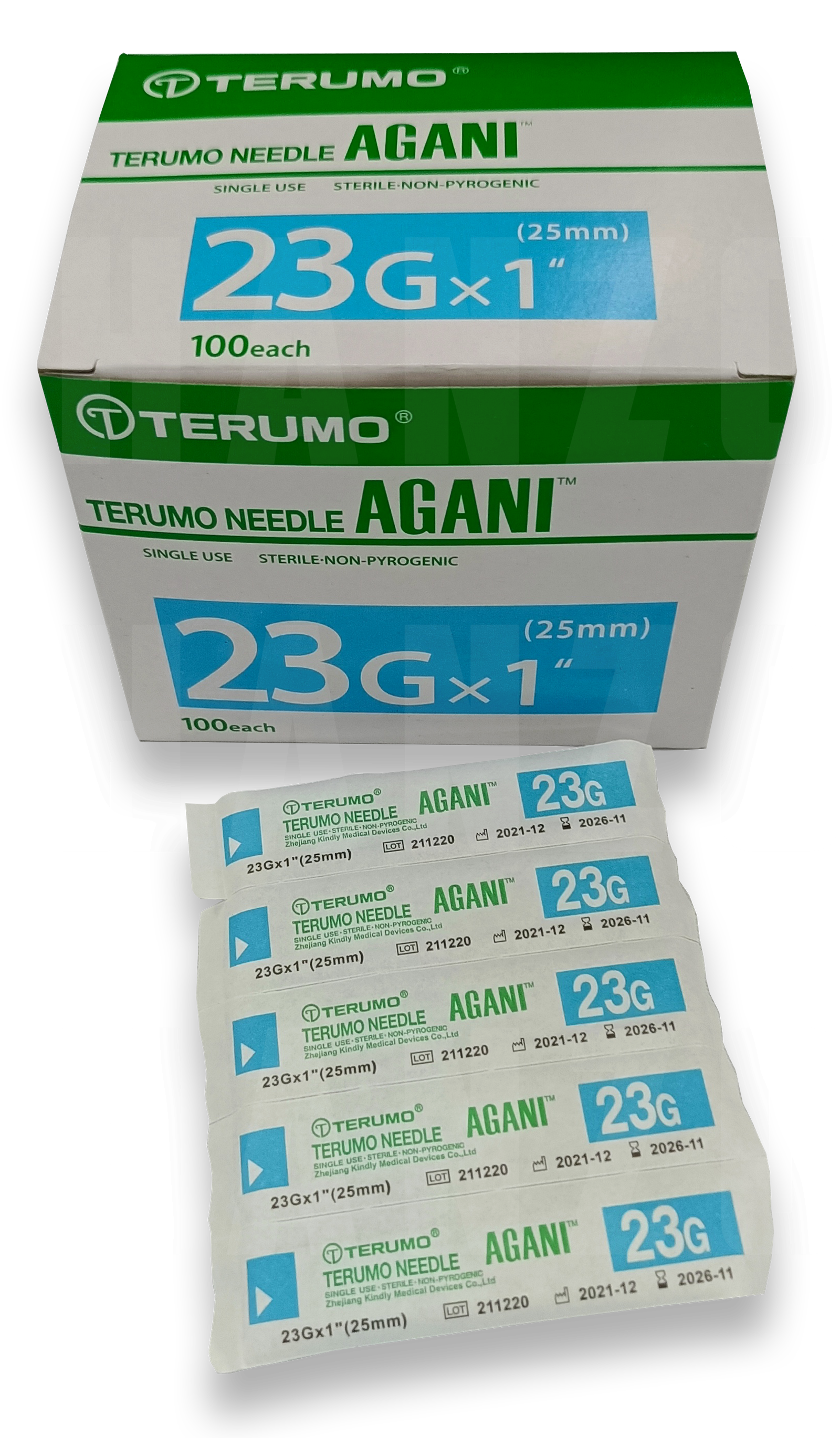
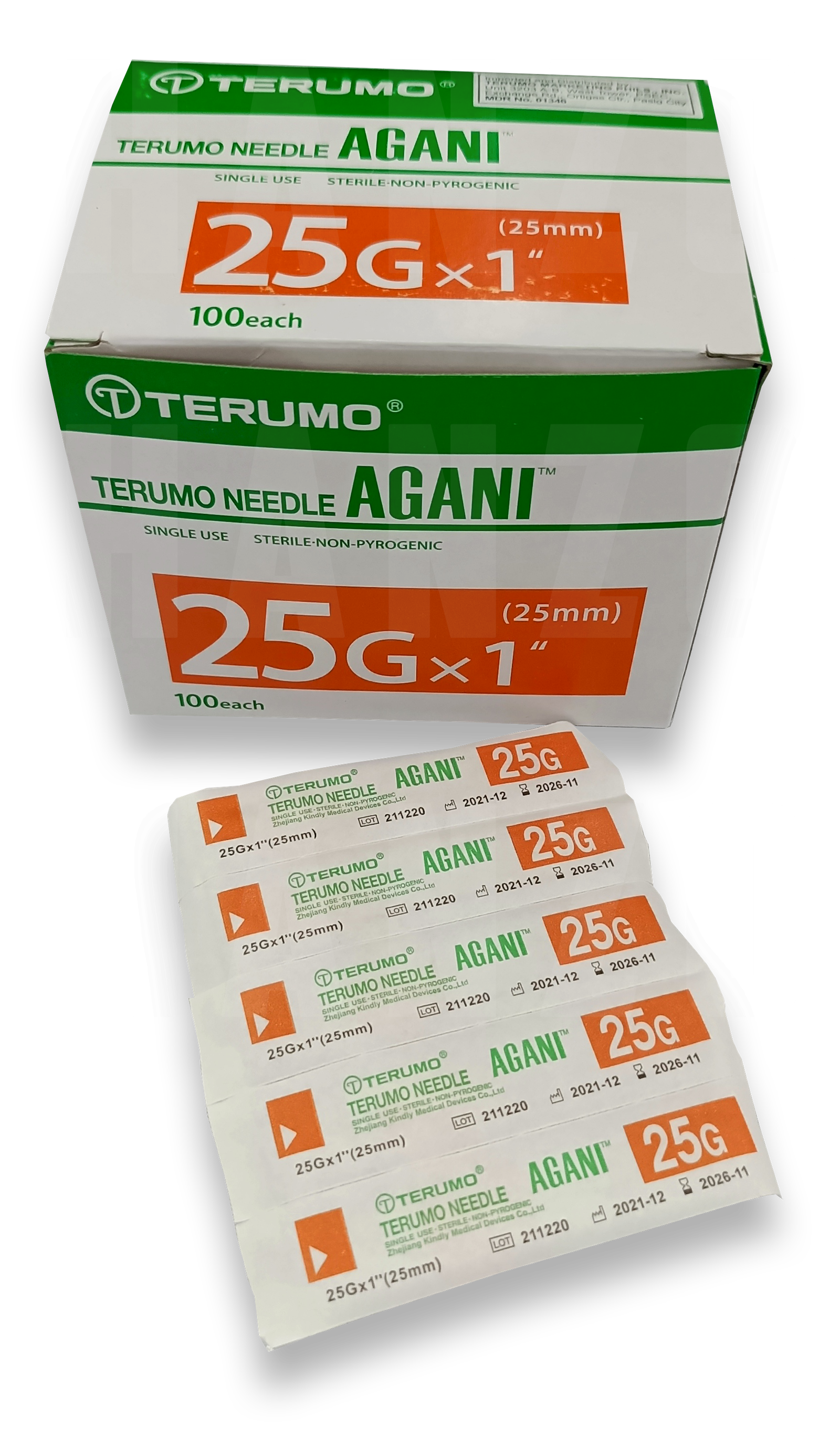
Skin and wound care products are specialized formulations and devices used to protect, treat, and manage skin health and wound healing. These products help promote proper healing, reduce infection risks, and prevent further damage. Here’s an overview of different types of skin and wound care products:
1. Skin Care Products
Skin care products maintain skin integrity, protect against environmental damage, and address issues like dryness, irritation, and inflammation.
– Moisturizers: Hydrate and lock moisture into the skin. Common ingredients include glycerin, hyaluronic acid, and urea.
– Barrier Creams/Ointments: Protect the skin from irritants, especially in conditions like incontinence or frequent washing. Zinc oxide and dimethicone are common ingredients.
– Cleansers: Gentle products for cleaning the skin without stripping its natural oils. Often include soothing ingredients like aloe vera or chamomile.
– Antimicrobial Washes: Used to clean wounds or areas prone to infection, often containing ingredients like chlorhexidine or iodine.
– Hydrocolloid Patches: Treat acne or minor skin injuries by keeping the area moist and reducing scarring.
2. Wound Care Products
These are designed specifically for wound management, promoting optimal healing conditions while protecting the wound from infection and further injury.
– Wound Dressings: Protect the wound and promote healing. Different types include:
— Hydrocolloid Dressings: Absorb exudate (fluid) while keeping the wound moist, aiding in faster healing.
— Hydrogels: Provide moisture to dry wounds and help remove dead tissue.
Foam Dressings: Absorb excess moisture while keeping the wound insulated and protected from contamination.
— Alginate Dressings: Made from seaweed, these dressings are highly absorbent and used for wounds with heavy exudate.
— Transparent Films: Thin, breathable coverings that allow oxygen exchange and provide a protective barrier for low-exudate wounds.
– Antimicrobial Dressings: Infused with silver, iodine, or honey to prevent or treat infection in wounds.
– Compression Bandages: Used for venous ulcers or conditions where compression is needed to control swelling.
– Debridement Products: Help remove dead or infected tissue from a wound to promote healing, including enzymatic debriders and mechanical debridement tools.
3. Wound Healing Ointments and Solutions
– Antibiotic Ointments: Used to prevent or treat infections in minor wounds, cuts, or burns (e.g., bacitracin or neomycin).
– Wound Cleansers: Solutions like saline or specialized cleansers that gently clean wounds without harming healthy tissue.
– Collagen-Based Products: Used to promote tissue growth and repair by providing collagen, a key protein in the skin healing process.
– Growth Factors: Bioengineered proteins that stimulate cell growth and improve wound healing.
4. Specialized Products for Chronic Wounds
– Negative Pressure Wound Therapy (NPWT): A vacuum-assisted device that helps remove excess fluid and promotes blood flow to the wound area.
– Bioengineered Skin Substitutes: Used for severe wounds (e.g., diabetic ulcers), these products mimic skin layers to facilitate healing.
– Hyperbaric Oxygen Therapy: While not a product, it is an important wound healing treatment, especially for chronic or non-healing wounds.
5. Burn Care Products
– Silicone Gels/Sheets: Help reduce scarring after burns by keeping the wound hydrated and flattening scars over time.
– Silver-Based Creams: Such as silver sulfadiazine, are used to prevent infection in burn wounds.
These products are designed based on the type of wound (acute or chronic), the amount of exudate, infection risk, and the healing stage. Proper selection and usage of these products can greatly enhance the healing process and improve patient comfort.
Showing 17–26 of 26 results







